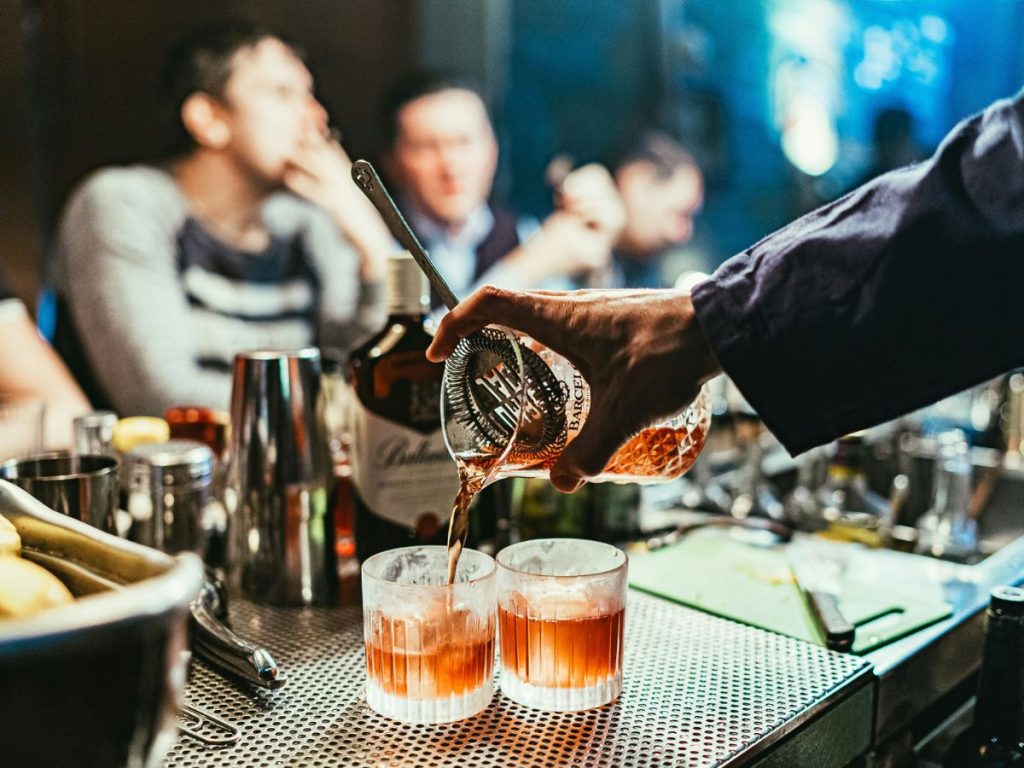Trying alcohol for the first time is a significant experience, and approaching it with mindfulness can make the occasion more enjoyable and safe. Whether you’re celebrating a milestone or simply curious, being informed can help you make responsible choices. Here are eight essential points to keep in mind before having your first-ever drink.
1. Know Your Limits
Alcohol affects everyone differently based on factors such as weight, metabolism, and tolerance levels. Since it’s your first time, you won’t know your limits yet, so it’s best to start slow. Stick to a low-alcohol beverage and sip it gradually to gauge your body’s reaction.
2. Choose the Right Environment
Your first drink should be in a safe, comfortable setting with people you trust. Avoid high-pressure social situations or unfamiliar environments where you might feel obligated to drink more than you’re comfortable with. A relaxed setting allows you to enjoy the experience responsibly.
3. Eat Before You Drink

Drinking on an empty stomach can intensify the effects of alcohol, leading to quicker intoxication and potential discomfort. Have a balanced meal before your drink, ideally including protein and healthy fats, to slow alcohol absorption and reduce the chances of feeling sick.
4. Stay Hydrated
Alcohol is dehydrating, which can contribute to hangovers and discomfort. Drink water before, during, and after consuming alcohol. A good rule of thumb is to alternate between alcoholic beverages and water to stay hydrated and moderate your intake.
5. Understand Your Drink Choices
Not all alcoholic beverages are the same. Cocktails, beer, wine, and spirits have varying alcohol content, and some drinks are stronger than they appear. If you’re unsure, start with something light, like a beer or a low-alcohol cocktail, rather than jumping straight into hard liquor.
6. Know How Alcohol Affects You
Alcohol can lower inhibitions, impact judgment, and slow reflexes. It’s important to be aware of these effects and pace yourself. Pay attention to how your body responds and recognize when it’s time to stop drinking.
7. Avoid Mixing Alcohol with Other Substances

Combining alcohol with other substances, including energy drinks, medication, or recreational drugs, can be dangerous. Certain medications interact negatively with alcohol, leading to severe side effects. If you’re on medication, consult a doctor before drinking.
8. Have a Plan to Get Home Safely
Never drink and drive. Arrange for a designated driver, use a ride-sharing service, or stay at a friend’s place if necessary. Planning ahead ensures you can enjoy your first drink without worrying about how to get home safely.
Final Thoughts
Your first experience with alcohol should be enjoyable and responsible. By keeping these eight points in mind, you can make informed choices, stay in control, and avoid common pitfalls. Remember, drinking is a personal decision, and it’s okay to go at your own pace—or choose not to drink at all.


